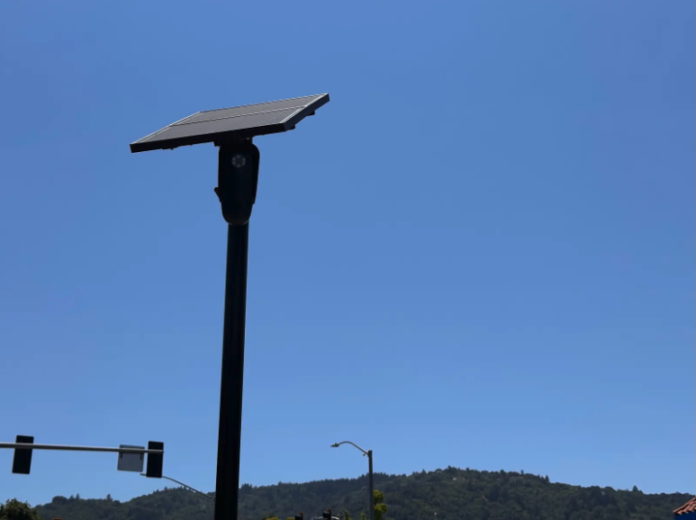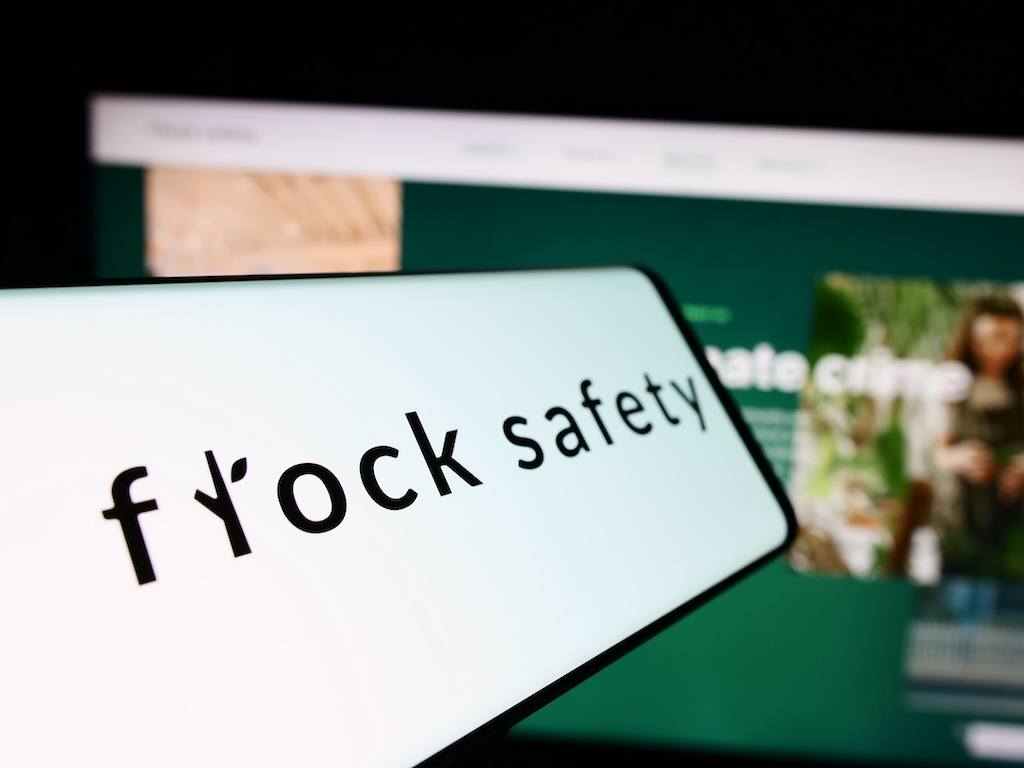
To track down a woman who allegedly performed a self-administered abortion, authorities in Johnson County, TX conducted a search early last month, accessing data across more than 80,000 Flock Safety automatic license plate reader (ALPR) cameras nationwide; but data from Los Gatos and Saratoga were not shared with Texas law enforcement, according to the Los Gatos-Monte Sereno Police Department and Santa Clara County Sheriff’s Office.
Data, first published in late May by 404 Media, showed that on May 9, an officer at the Johnson County Sheriff’s Office in Texas searched a month’s worth of license plate records from more than 6800 networks under the reason: “had an abortion, search for female.” Abortion is illegal in Texas and can be punished with up to 99 years in prison alongside a $100,000 penalty.
Users from Muckrock, a nonprofit, were able to obtain network audits from police departments across the nation, which agencies access the data from a certain department’s cameras.
In particular, records from Mount Prospect, Illinois, and Yakima, Washington—both Illinois and Washington allow abortions until fetal viability—showed that the Johnson County officer’s search extended nationwide.
Illinois officials are currently investigating if the data shared from Mount Prospect broke a state law that prevents sharing data with outside agencies.
When asked if they shared their data with Texas authorities, the Los Gatos-Monte Sereno Police Department told the Los Gatan in an email that they did not, and that it would be “prohibited by California State Law and LGMSPD Policy.”
The department seemed to be referring to SB 34, a California law enacted in 2015 that restricts the sharing of ALPR data with federal or out-of-state agencies.
Similarly, the Santa Clara County Sheriff’s Department said in a statement to the Los Gatan that they “will not share ALPR data with any agency outside of California.”
‘You can get somebody who you know from another agency to do the lookup for you, hypothetically’
—Sarah Hamid, associate director of activism for the Electronic Frontier Foundation
According to Sheriff Adam King, who spoke to 404 Media, the search was conducted to ensure the safety of the woman, rather than to prevent her from seeking an abortion out-of-state. The woman was ultimately located two days after the search.
The Los Gatan reached out to the Johnson County Sheriff’s Office for comment but did not receive a reply.
Although data from Los Gatos and Saratoga seem to have avoided any involvement with this particular incident, their data is shared with a variety of agencies.
In Los Gatos and Monte Sereno, external organizations across the Bay Area can access the cities’ Flock data, which is stored on Flock’s cloud. These include: California Highway Patrol, Campbell PD, Foothill-DeAnza PD, Gilroy PD, Los Alto Hills PD, Los Altos PD, Milpitas PD, Morgan Hill PD, Mountain View PD, Northern California Regional Intelligence Center (NCRIC), Palo Alto PD, San Jose PD, Santa Clara PD, Stanford University PD, Sunnyvale PD, and the West Valley Mission College District Campus PD.
It’s unclear how secure the data is once it reaches these destinations, or if they’d be able to share it further.
Saratoga’s ALPR data is much more restricted. Shawn Flores, a lieutenant at the Santa Clara County Sheriff’s Office and Flock coordinator for the agency, told the Los Gatan in an email that the only personnel with access to Saratoga’s data are employees at the Sheriff’s Office and dispatchers at County Communications.
According to the department’s Flock transparency page, the Town of Los Altos Hills also has access to the data.
Regardless, these restrictions aren’t universal. Flores added that in cases where data is part of local or state investigations or prosecutions, or when the agency has a Memorandum of Understanding with another outside agency, data could be shared outside of Santa Clara County.

Sgt. Katherine Mann, administrative sergeant for the Los Gatos-Monte Sereno Police Department, told the Los Gatan in an email that outside agencies can make requests for ALPR data, which must be authorized and kept on record; she added that such requests have been approved in the past.
Cities like Los Gatos around the nation have been home to increasingly frequent discussions about the role of surveillance tools like Flock ALPR cameras.
While Los Gatos originally entered a two-year contract with Flock Safety in 2021 for around $80,000 to install and manage their cameras, the city installed two additional cameras in 2023, and in June 2024 they approved a revised agreement—for a total cost of $295,000 over five years.
But other cities, like Denver and Gig Harbor, WA, have been rejecting expanded contracts with Flock for additional cameras.
The Los Gatan spoke to Sarah Hamid, associate director of activism at the Electronic Frontier Foundation, a digital rights nonprofit, that assisted with campaigns against ALPR cameras in Denver and other cities. She believes that systems like Flock compromise the privacy of residents.
Hamid recalls how, in Denver, Flock was described as a “Facebook for law enforcement agencies to share their data,” where various workarounds exist for getting past even the most encrypted data, as long as one has the right connections.
“If you don’t have access to a particular data set because you don’t have a one-to-one relationship with an entity, you can get somebody who you know from another agency to do the lookup for you, hypothetically,” Hamid said.
Specifically, she mentions how when Los Gatos shares its data with the NCRIC, which partners with federal agencies like the FBI, DHS and DEA, federal officers could theoretically bypass any restrictions by asking a colleague to do a lookup on their ALPR database.
The Los Gatan reached out to Flock Safety for comment but did not receive a reply.
“Ultimately, it doesn’t matter how secure the protocols are,” Hamid says. “It just takes one human being who might be less clear about what the policy is, who might be a little bit unsure, or who might be just doing their professional colleague in another jurisdiction a favor. And then the entire system fails.”









